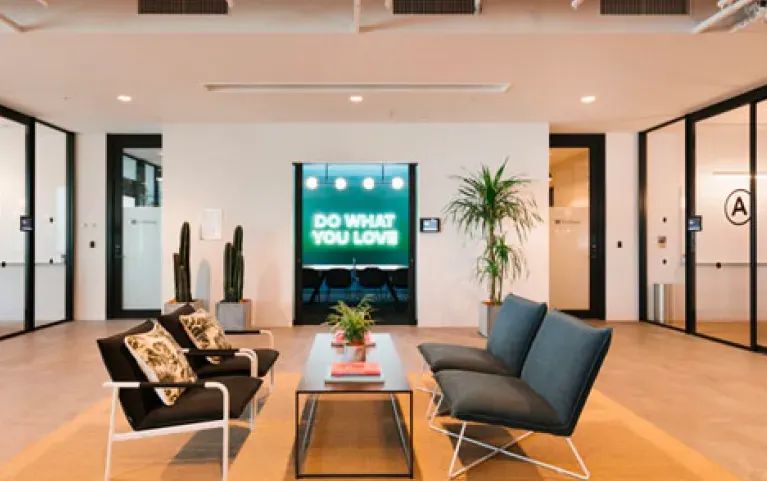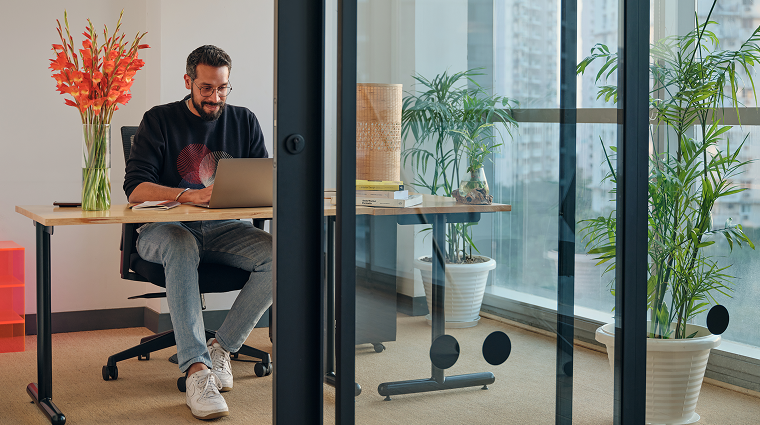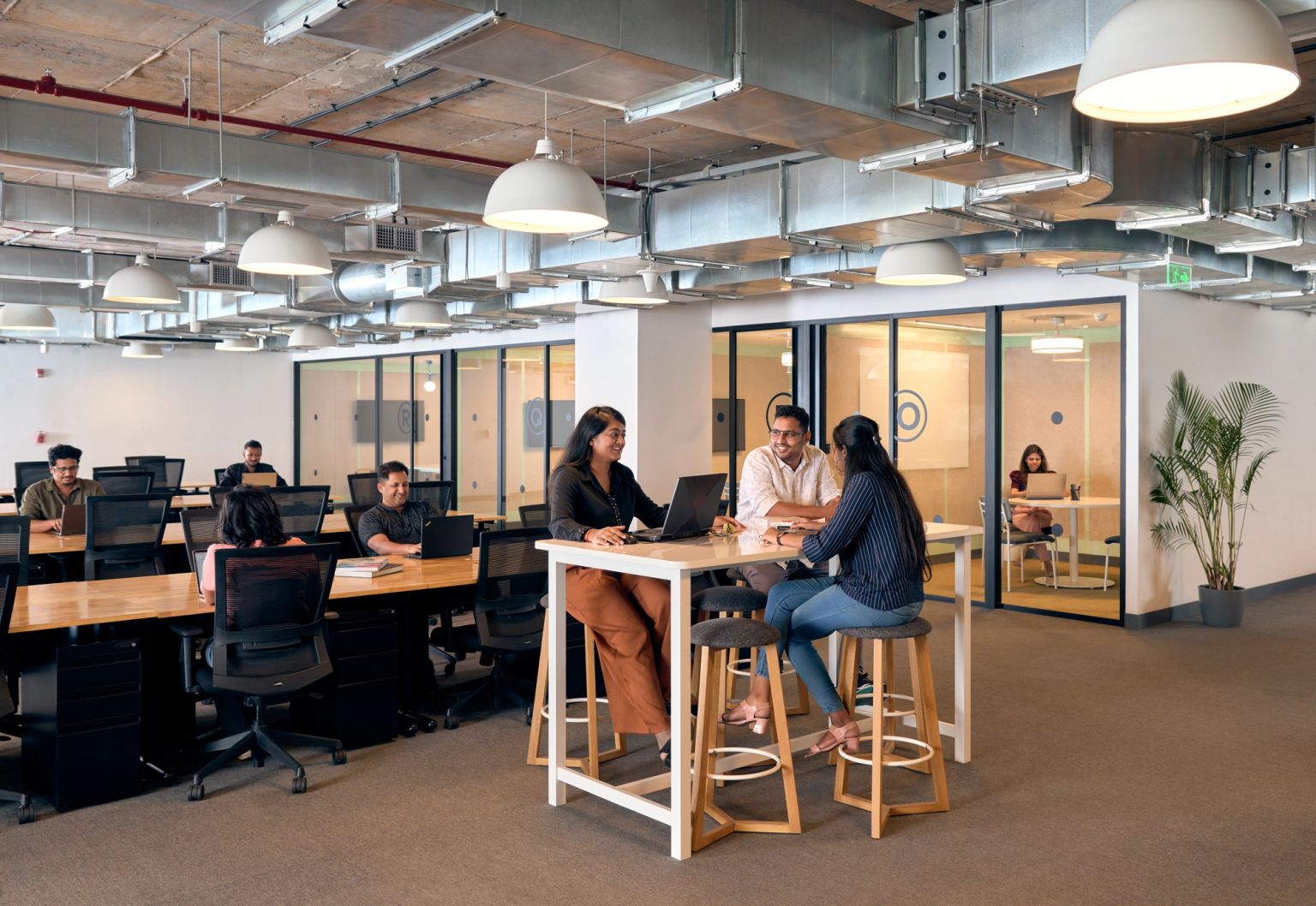CULTURE & COMMUNITY
Flexibility: An outlook for 2022

We have experienced unprecedented changes in the past two years, both professionally and personally, and it has shaped the new normal. Individuals and organisations have been given the opportunity to reassess traditional ways of working, overcome barriers, and embrace change in these exceptional times. Spearheaded by flexibility, the new year offers a fresh start, allowing us to explore and adopt the benefits of newer work models.
According to a recent report by Colliers, the flexible workspace stock is expected to cross 60 million sq ft in tier 1 and tier 2 cities by 2023, as businesses prioritise their growth through flexibility. In the wake of the third wave of the pandemic, health and safety will be a priority and also a necessity as hybrid models of work continue to witness increased adoption. Flexible workspace providers are equipped to meet the changing requirements of working professionals, startups, and enterprises as they return to a structured work environment. Some of the factors driving the accelerated adoption and shift to flexible workspaces in the coming year are:
Large enterprises adopting flexibility
In the past year, we have seen a consistent rise in large enterprises wanting to make the shift to flexible workspaces. Enterprises are reevaluating their real estate requirements and the flexibility offered by this model enables them to manage a dynamic workforce in a structured manner. Flexible workspaces provide amenities like conference rooms, pantries, fitness centres, parking facilities, event space and more, contributing to the ambience and creating a positive work environment for employees. As per a recent report, the flexible workspace market is expected to cross 50 million sq ft by 2023 driven by increased demand from large enterprises.
Hybrid is the name of the game
Organisations have gradually begun to return to work, and it is imperative to make the shift as seamless as possible. Hybrid work models offer a convenient and agile solution to businesses. As new work styles have emerged that include rostered work shifts and flexible timings, hybrid model is paving the way forward. Factors including reduced commute time and flexibility of working from locations closer to homes continue to allow employees to strengthen work-life balance and compartmentalise effectively, leading to greater employee retention and increase in productivity. Flexible workspaces sit well within the hybrid work scenario, providing the benefits of flexibility and customisation to individuals and enterprises alike.
Financial feasibility is essential
The pandemic has left many organisations struggling to find cost-effective alternatives to their usual business practices. The flexible work model allows them to be agile during times of financial difficulty, save costs associated with buying and leasing commercial office spaces, and allocate more funds to vital areas of business. Flexible workspace providers offer financially feasible solutions eliminating fixed rents, overhead costs and capital expenditure, bringing all costs together into one easy membership fee.
Community & collaboration are key
The past year has impacted the mental health of employees, with screen fatigue and limited social interaction taking a toll. Organisations must act as a support system in these times, and offer employees a sense of stability in the form of a secure and safe work environment. The need to foster a sense of community and collaboration is amplified in today’s times. It is essential to maintain employee engagement and well-being, and according to Microsoft’s Work Trend Index, 73% of employees in India said they craved in-person meetings with colleagues. Many businesses recognise the importance of teamwork dynamics, and its contribution towards productivity and work culture. Flexible workspaces cater to these needs and allow businesses to scale basis evolving workforce requirements, especially during unprecedented times.
These factors exemplify the potential of flexible workspaces in India, and its impact on the changing face of traditional work as we know it. The workspace of 2022 is centred on flexibility, focusing on providing agile, cost effective solutions to evolving business requirements. The future of work is hybrid in nature and flexible at its very core.
Related Blogs:

CULTURE & COMMUNITY
Many professionals now deal with stress regularly, with tight deadlines and long work hours in a stressful workplace. In such a demanding and fast-paced work culture, mindfulness can be an effective strategy.

CULTURE & COMMUNITY
A buddy system involves assigning a new employee a coworker buddy. The buddy, who is an experienced worker, guides the new employee for the first weeks or months of work.

